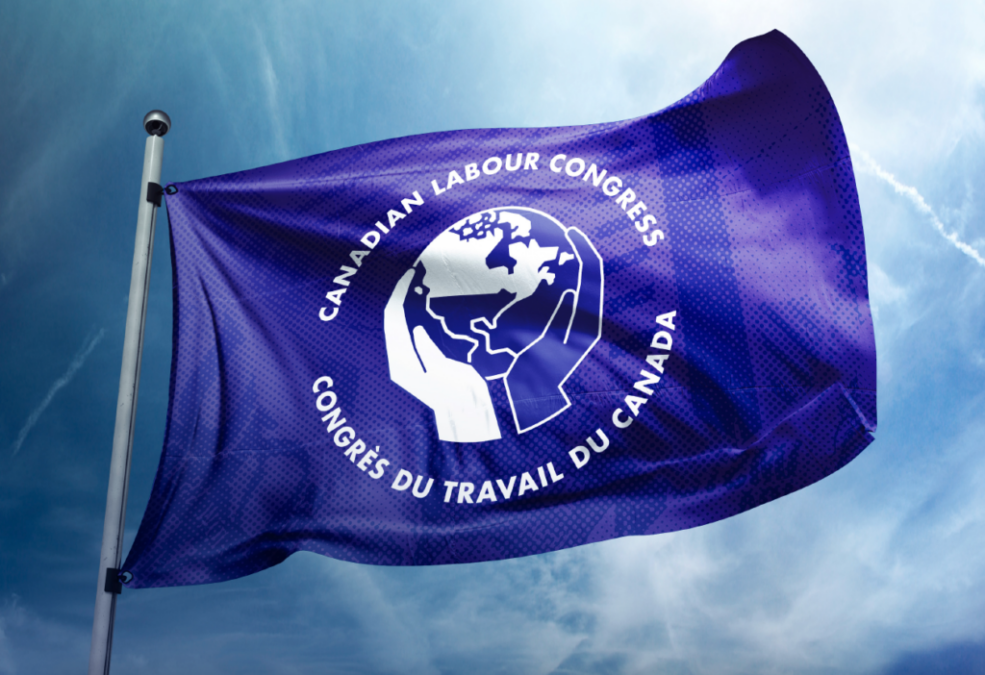
Canada’s unions welcome federal government commitments on climate change
OTTAWA – Coming on the heels of the government’s climate accountability legislation, today’s 2030 climate emissions reduction plan contains significant announcements for working people.
Expanded investments in energy efficiency, conservation and large-scale retrofitting of residential and commercial structures will create significant numbers of new jobs and require expanded investments in skills training and growing Canada’s construction trades.
Green and climate-resilient infrastructure investments will also mean an expanded skilled trades workforce.
“Labour will be looking to the federal government to make good on its commitment to supporting local job creation, skills training, apprenticeships and decent wages for workers, especially to those historically underrepresented in the skilled trades sector, including Indigenous workers, racialized workers and women,” said Hassan Yussuff, President of the Canadian Labour Congress.
“Canada needs strong Just Transition measures to assist workers in resource communities and fossil fuel-dependent economies to access new job opportunities in clean energy, green transportation, efficient buildings and conservation if Canada hopes to meet and exceed the targets and prevent the worst outcomes of climate change.”
Canada’s unions welcome the government’s emphasis on domestic manufacturing, including developing Canadian supply chains for low-emission building materials, clean tech, and aerospace and automotive investments, and leveraging the power of public procurement. Additionally, unions are noting the crucial commitments made today towards bringing Indigenous communities into the process.
Despite today’s heavy emphasis on market signals and the private sector, public investment and planning will be vital to meeting Canada’s emissions-reduction targets.
“Today’s commitments towards public transit, including the domestic procurement of ZEV public transit and school buses, demonstrate progress,” added Yussuff.
As for increases on the price of carbon, unions are urging the government to ensure that the burden is fairly distributed, with low- and modest-income families protected.
Furthermore, the CLC welcomes the Government of Canada’s commitment to deliver on the country’s G20 commitment to phase-out all inefficient fossil fuel subsidies by 2025 and its commitment to explore border carbon adjustments on imports.
To read more about the directed investments the CLC is calling for, visit canadianplan.ca.
To arrange an interview, please contact:
CLC Media Relations
media@clcctc.ca
613-526-7426






